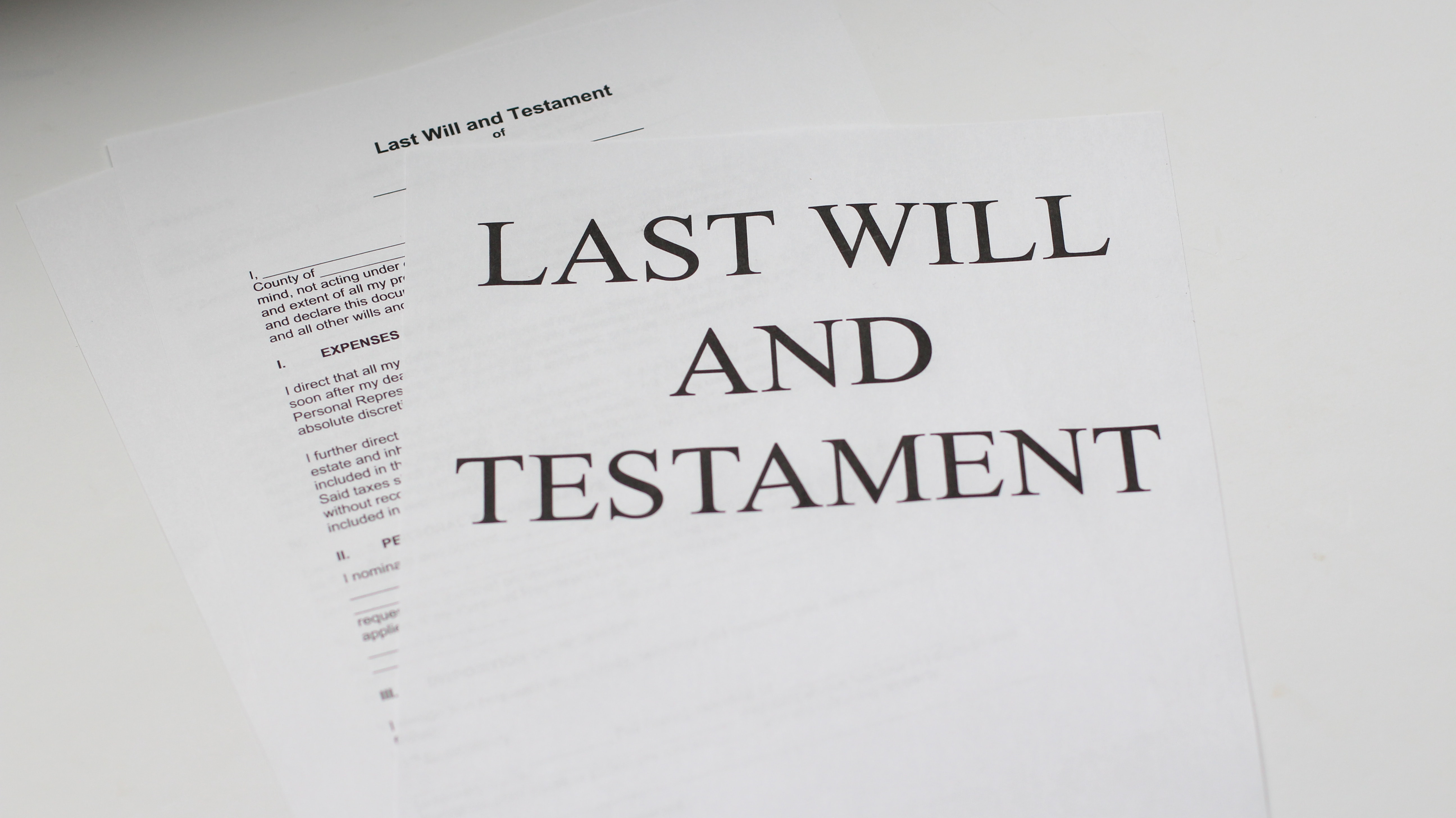
Yes it can, but only in certain situations. While most people try hard to strike a fair balance when
they write their Will, sometimes there may be people who are unhappy with how the estate has been divided and decide to challenge it.
There are two main types of ‘challenges’ in relation to a Will: challenging the validity of the Will itself and claiming for ‘family provision’. A claim for family provision occurs when a challenger believes they should have received money or assets to provide for their ongoing welfare. They can claim at court that a provision should have been made for them. This is the most common type of challenge.
Challenging the validity of a Will
This can occur when:
- the strict legal requirements for the creation of a valid Will have not been followed
- the Will-maker did not have ‘testamentary capacity’, meaning they didn’t have the mental capacity to understand the effect of making a Will, the extent of their assets and an appreciation of who could be possible beneficiaries
- the Will-maker was subject to ‘undue influence’, but this is very hard to prove.
Challenging the lack of family provision
Separate legislation in each State and Territory allows certain family members or eligible persons to make a claim for provision out of your estate.
Can you prevent challenges to your Will?
Not entirely. However, you can certainly take steps to minimise the likelihood of claims being made but to do this you need to use a qualified legal professional.
Some of the ways to reduce the likelihood of your Will being challenged are to:
- ensure your Will complies with the formal requirements of the law, including the correct signing of the Will
- ensure any suggested lack of testamentary capacity is dealt with when the Will is made so there is evidence available, if necessary, that supports your ‘capacity’
- ensure you are freely making your Will, without any undue influence
- consider any possible claim under the family provision legislation and minimise not only the chances of a claim being made, but also the chances of a claim being successful.
We are happy to help with your estate planning matters – just give us a call.
Please contact Integrity One if we can assist you with this or any other financial matter.
Phone: (03) 9723 0522
Suite 2, 1 Railway Crescent
Croydon, Victoria 3136
Email: integrityone@iplan.com.au
This information is of a general nature and does not take into consideration anyone’s individual circumstances or objectives. Financial Planning activities only are provided by Integrity One Planning Services Pty Ltd as a Corporate Authorised Representative No. 315000 of Integrity Financial Planners Pty Ltd ABN 71 069 537 855 AFSL 225051. Integrity One Planning Services Pty Ltd and Integrity One Accounting and Business Advisory Services Pty Ltd are not liable for any financial loss resulting from decisions made based on this information. Please consult your adviser, finance specialist, broker, and/or accountant before making decisions using this information.



